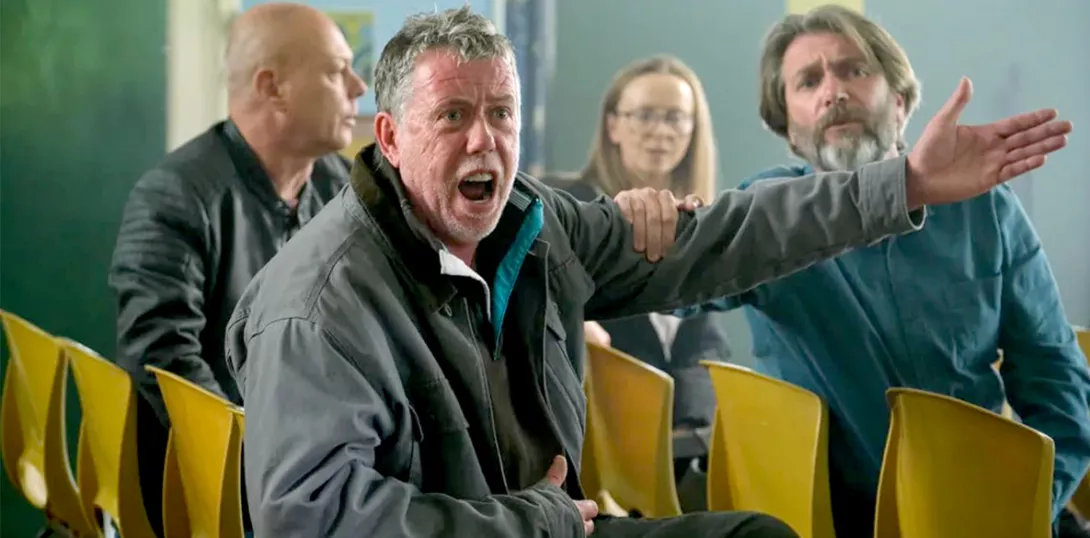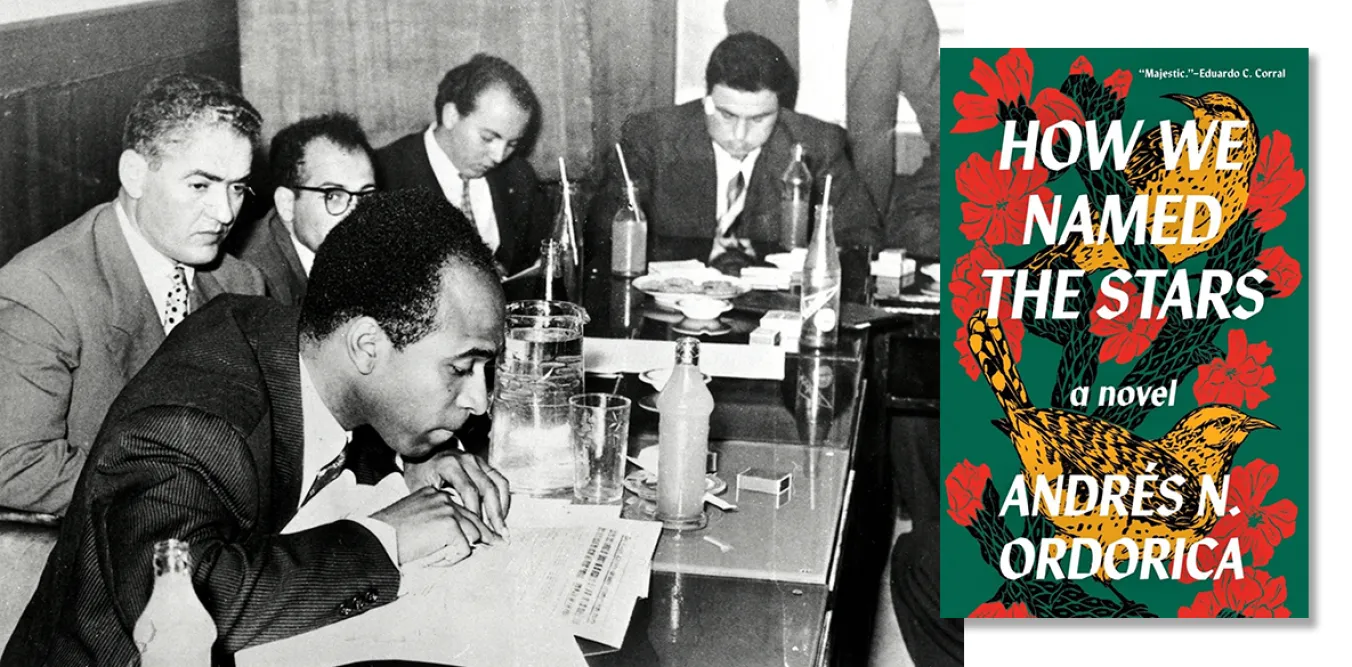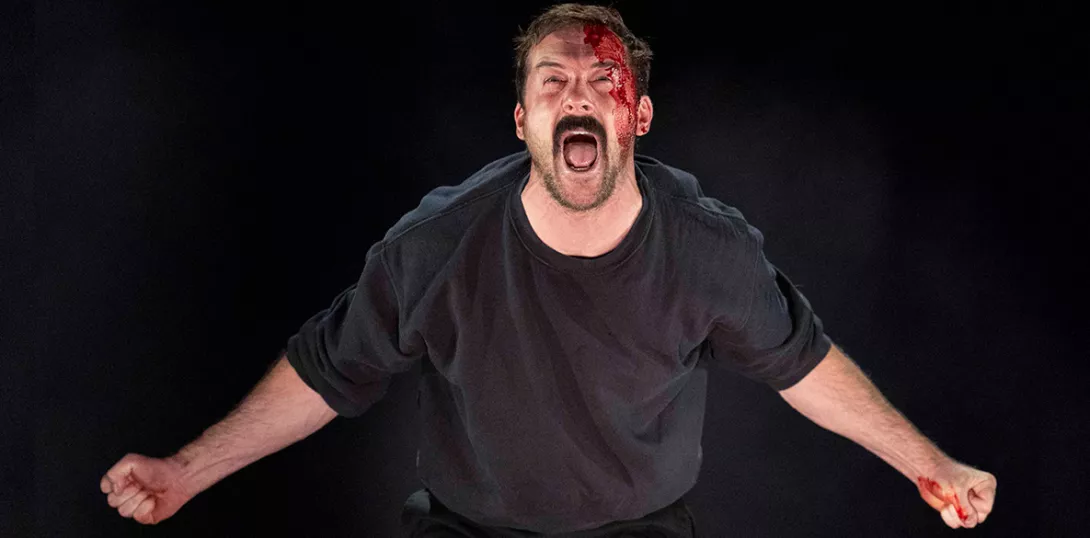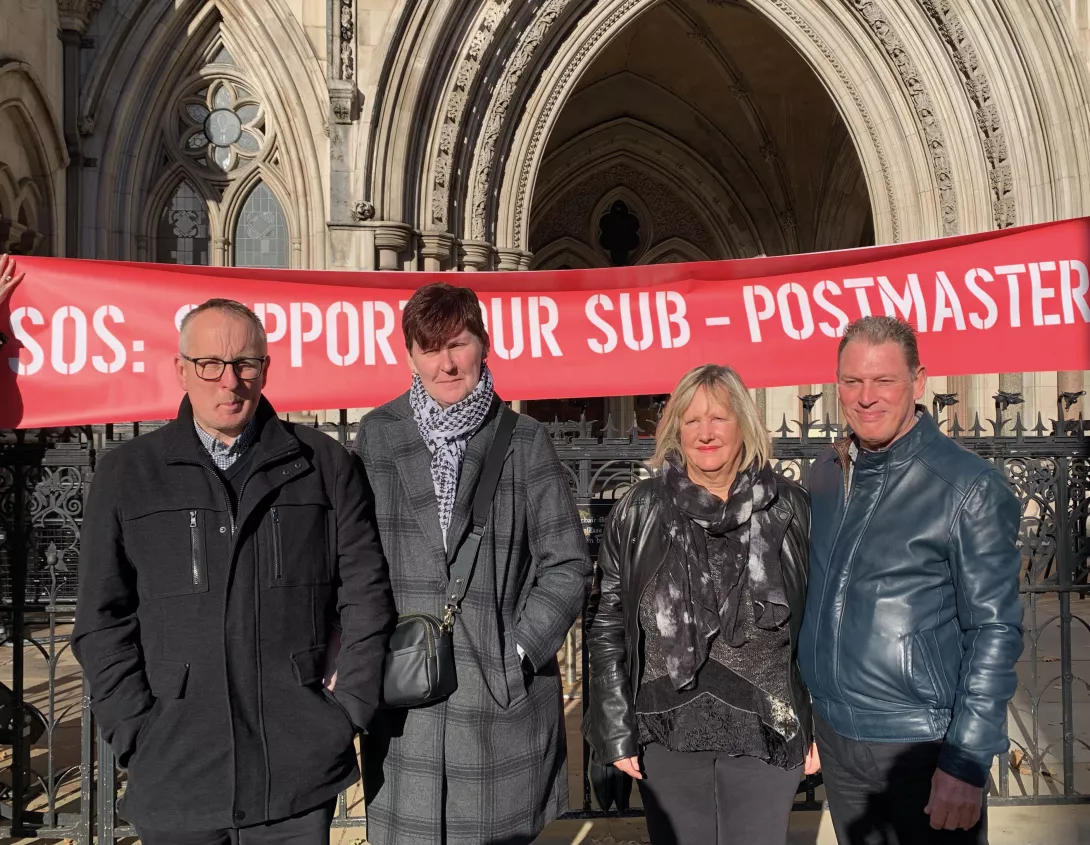
“TV was everything to me,” said British playwright James Graham at this year’s Edinburgh TV Festival’s MacTaggart lecture on August 20. The dramatist used his recollections of the television he watched in his youth together with tales of his working-class background to discuss a possible future of TV — including the launch of a new scheme to get more people like him into the industry.
The James MacTaggart memorial lecture has been the centrepiece of the Edinburgh TV Festival since 1977. It is named after the Scottish writer, producer and director who died in 1974 after a career making groundbreaking TV such as Play for Today and Z Cars, an early British police drama.
Born in Mansfield, Nottinghamshire, Graham has made his name as a writer of political screen drama (Brexit: The Uncivil War, and Coalition) and award-winning plays (Dear England, Boys From The Blackstuff). But he is perhaps best known for the BBC series Sherwood, based on the mining village where he grew up — series two starts on August 25.
















